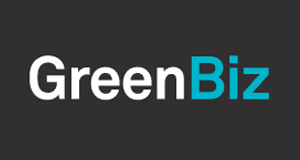Chemycal has been acquired by 3E
Learn MoreChemycal has been acquired by 3E
Learn MoreDiscover how Chemycal PRO helps you boosting your regulatory monitoring:

In mid-October, California Gov. Jerry Brown signed the Cleaning Product Right to Know Act, authored by Democratic Sen. Ricardo Lara. The law makes California the first state to require companies to disclose the chemicals present in both commercial and householder cleaning products through both packaging labels and online declarations, joining New York as one of just two states that regulate chemicals disclosure.
Several consumer products companies and chemicals manufacturers backed passage of the California bill, working with NGOs to advocate for mandatory disclosure of their chemical formulations.
Under the new regulation, also known as SB-258, companies selling products in California will be required to list their ingredients online by Jan. 1, 2020, and include that information as part of on-package disclosures by Jan. 1, 2021. The bill text states that product labels and websites for "air care" (such as fresheners), automotive products, colorants, floor polish and cleansing substances used in janitorial, domestic or institutional cleaning processes must list intentionally added ingredients, including phthalates and bisphenol A (BPA), and known fragrance allergens. The bill does not, however, require manufacturers to disclose the weight or amount of these ingredients, which is protected as confidential business information (CBI).
If companies don't comply, they can't sell their products in the state, leading to what Richard Liroff, executive director of the Investor Environmental Health Network, calls a "toxic lockout" — exclusion from the marketplace as its needs evolve in favor of protecting consumer health.
While no provision in the bill requires enforcement by a state agency, the California Attorney General has the authority to enforce the law. What's more, the public relations fallout for violating the law will motivate manufacturers to comply, said Janet Nudelman, director of program and policy for Breast Cancer Prevention Partners.
CONTINUE READING ON www.greenbiz.com
2013 © MyChemicalMonitoring. ALL Rights Reserved. About Us | Terms and Conditions